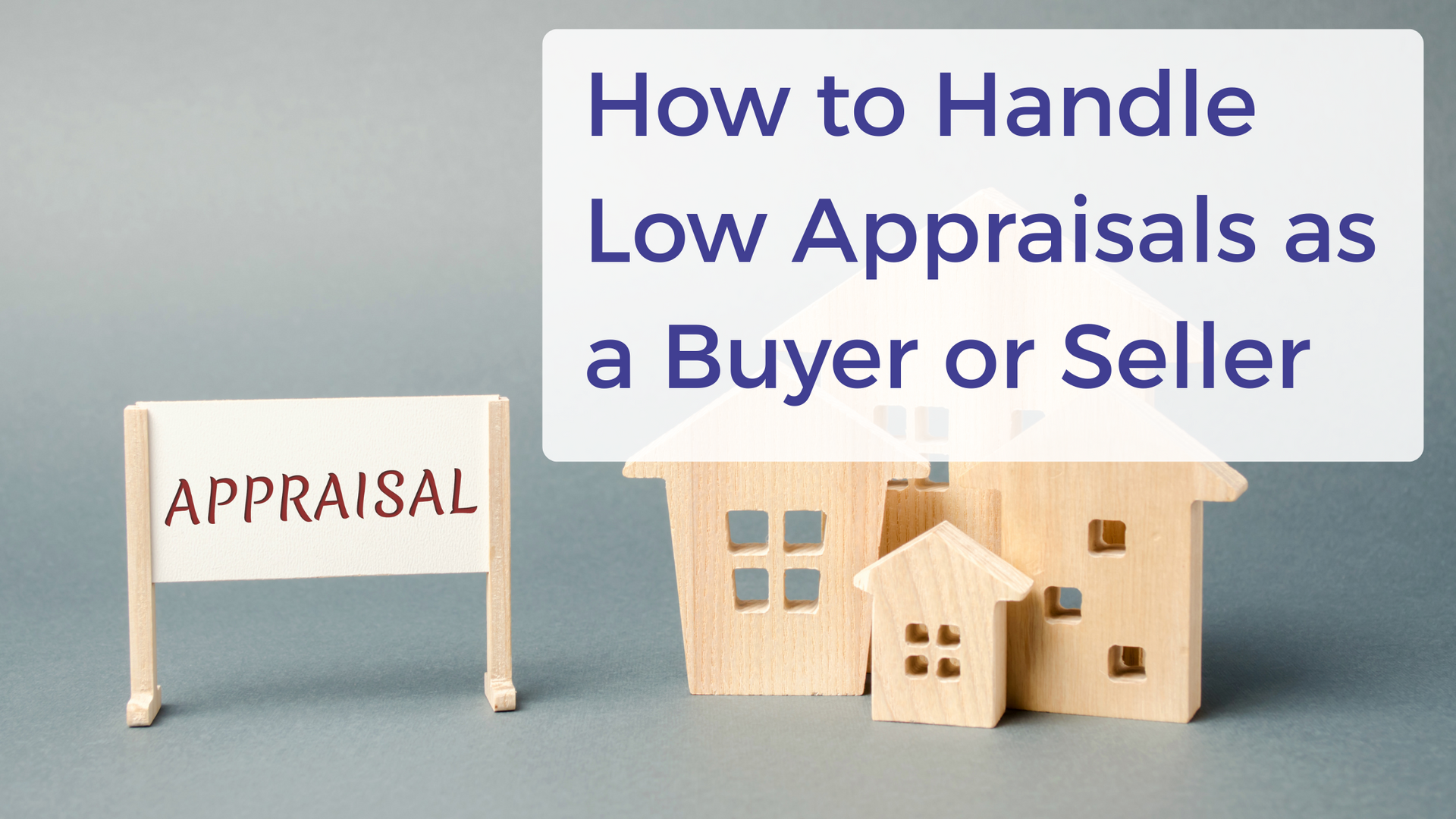
One of the least understood aspects of obtaining a home loan is the difference between the interest rate and the APR (Annual Percentage Rate). At first glance, they sound like the same thing, but while they both impact the cost of the loan, they are two different aspects of the home loan program.
Home interest rates, or more commonly referred to as mortgage rates, are the actual cost of borrowing the money needed to buy the home. Lenders use the borrower’s credit score, income, loan amount, and other factors to determine their risk of lending the money. Then, they determine how much interest to charge on the principal loan amount.
On the other hand, APR provides an overall picture of the total cost of borrowing. It includes not only the interest rate cost, but also other costs and fees associated with the loan. Items such as origination fees, points, and mortgage insurance are all added to the total interest due over the course of the loan and then compared to the amount borrowed to determine the Annual Percentage Rate.
For potential borrowers, the APR allows them to compare the total cost of the loan among all available loans. One might offer a lower interest rate but once the fees and costs are included, it may end up costing more in the long run.
Mortgage financing can seem complicated and confusing but by learning the terms and how they affect the loan, borrowers can make informed decisions about what loan program makes sense for their needs.


